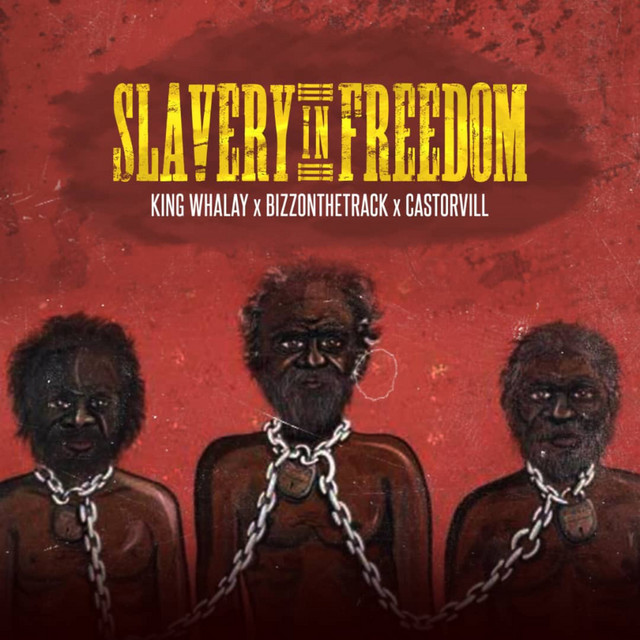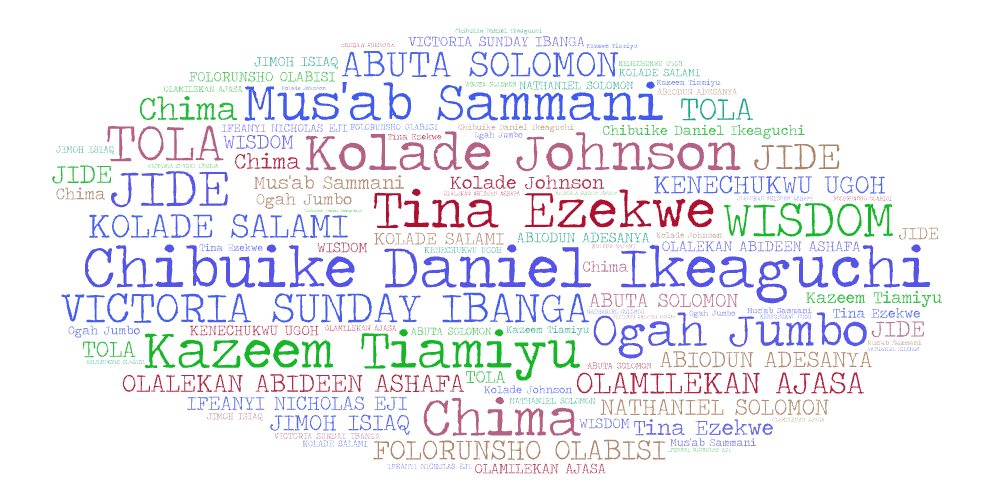

Music has always been more than entertainment. It can be a mirror, a protest, a cry for justice, and a call for collective action. Afro-Pop artist and producer King Whalay embodies this truth with his powerful track Slavery in Freedom, a song that holds up a lens to Nigeria’s struggle with independence and the unfinished fight for freedom.
Released before the 2020 End SARS protests, Slavery in Freedom spoke of a nation that had gained independence on October 1, 1960, yet remained shackled by systemic injustice, police brutality, and government corruption. The title itself is a paradox that reflects Nigeria’s reality: free from colonial masters, yet still chained by the very institutions meant to protect its people.
For decades, Nigerians have endured harassment, extortion, and brutality at the hands of law enforcement. Stories of police demanding bribes, arbitrary arrests, and violent treatment became a shared national pain. At its darkest, this cycle of abuse spilt into extra-judicial killings. Names like Jimoh Isiak, who was killed during protests in Ogbomoso, and the youths in Ughelli, whose deaths helped spark the nationwide movement, became symbols of the urgent need for change.

In October 2020, millions of young Nigerians united under the End SARS banner. They rose not only against police brutality but against a system that had, for years, oppressed the very citizens it should serve. But the movement met a tragic turn. On October 20, 2020, peaceful protesters were met with gunfire at the Lekki Toll Gate in Lagos. The nation and the world watched in disbelief as the government unleashed soldiers on unarmed citizens demanding their right to live free from oppression. That date has since become a painful reminder, marked every year as a day of reflection and remembrance.
King Whalay’s Slavery in Freedom feels even more prophetic in hindsight. It carries the pain of a people who, despite waving the green and white flag of independence, still grapple with a system that denies them true liberty. It resonates not only with Nigerians but with all Black communities worldwide who continue to fight against injustice, making its message deeply relevant as we also step into Black History Month in October.
For King Whalay, music is not just art. It is activism. It is a vessel for truth-telling and social awakening. Through Slavery in Freedom, he reminds us that independence without justice is hollow, and freedom without equality is an illusion.

As Nigeria marks another Independence Day on October 1st, and as the world reflects on Black history and resilience throughout October, King Whalay’s voice calls us to remember, not to forget the sacrifices, the protests, and the lives lost. His music stands as a testament that the struggle for freedom is ongoing, and that art remains one of the most powerful tools for change.

